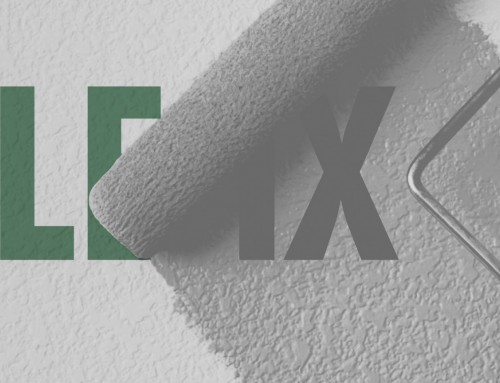The U.S. Equal Employment Opportunity Commission (“EEOC”) released guidance in December 2020 answering some questions regarding whether or not employers can mandate the COVID-19 vaccine for their employees. (https://www.eeoc.gov/wysk/what-you-should-know-about-covid-19-and-ada-rehabilitation-act-and-other-eeo-laws) It appears that there are certain circumstances where an employer may have a COVID-19 vaccination mandate, but there are significant exceptions that must be considered.
The only time an employer can mandate a vaccination is if the employee poses a direct threat to themselves or others by physically being present in the workplace without being vaccinated. Under the Americans with Disabilities Act (“ADA”), employers may require that an individual not pose a “direct threat” in the workplace. Direct threat is defined as a “significant risk of substantial harm to the health or safety of the individual or others that cannot be eliminated or reduced by reasonable accommodation.”1 This means mandating vaccinations is only permitted if the direct threat is present. Therefore, as an example, if an employee is capable of fully performing their job duties remotely without the fear of the potential spread of the virus, employers cannot require that employee to be vaccinated.
Additionally, if an employer is requiring employees who pose a direct threat to be vaccinated, it does not give the employer complete freedom without further analysis. The employer must still consider whether an individual cannot be vaccinated because of a disability. The employer is required to engage in an interactive ADA dialogue to consider whether they can provide a reasonable accommodation, absent undue hardship, that would reduce or eliminate the safety risk. Employers should be careful not to exclude workers with a disability from the workplace without engaging in an ADA dialogue.
Aside from disability accommodations, employers also need to consider accommodations for employees who are unable to receive the vaccine for religious reasons. Once an employee notifies their employer of a sincerely held religious belief, practice, or observance that prevents the employee from receiving the COVID-19 vaccination, the employer must provide a reasonable accommodation, unless the accommodation would pose an undue hardship under Title VII. Undue hardship under Title VII is defined as more than a de minimis cost or burden on the operation of the employer’s business.2
If an employee cannot get vaccinated due to disability or a sincerely held religious belief, practice, or observance, and there is no reasonable accommodation possible, then the employer may be able to lawfully exclude an employee from the workplace.
If you have any questions regarding COVID-19 vaccinations in the workplace, please contact one of our attorneys at (214) 544-4000.
This article should not be construed as legal advice related to any specific facts or circumstances. Although this article covers legal subjects, it is intended to educate readers and not to provide advice that will be the basis for action or inaction in any specific circumstance. Viewing these materials does not create an attorney-client relationship between Abernathy, Roeder, Boyd & Hullett, P.C. and the reader or the reader’s institution. For circumstance-specific legal advice, please directly contact a licensed attorney.







Leave A Comment